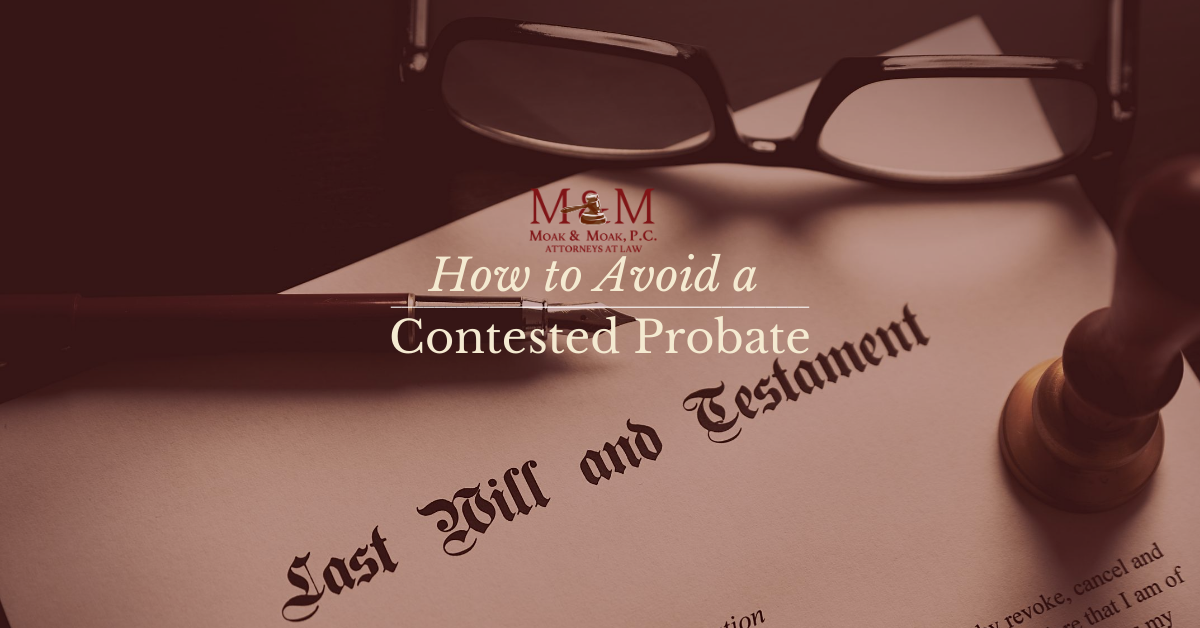Estate Planning Is Essential
I heard today on the radio that people who are perpetually late live longer. If that is the case, I’m going to live a long time. In fact, in study done in 2000 said there was a 75% probability for men living to the age of 78, 50% probability of living to 85 and a …










